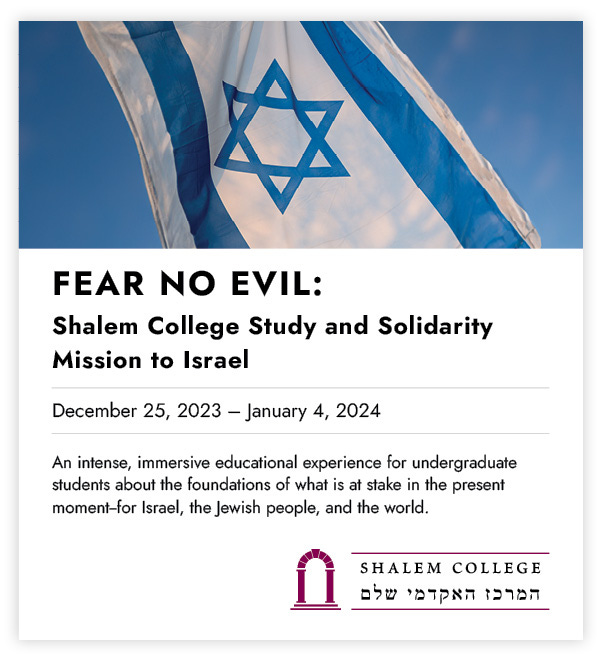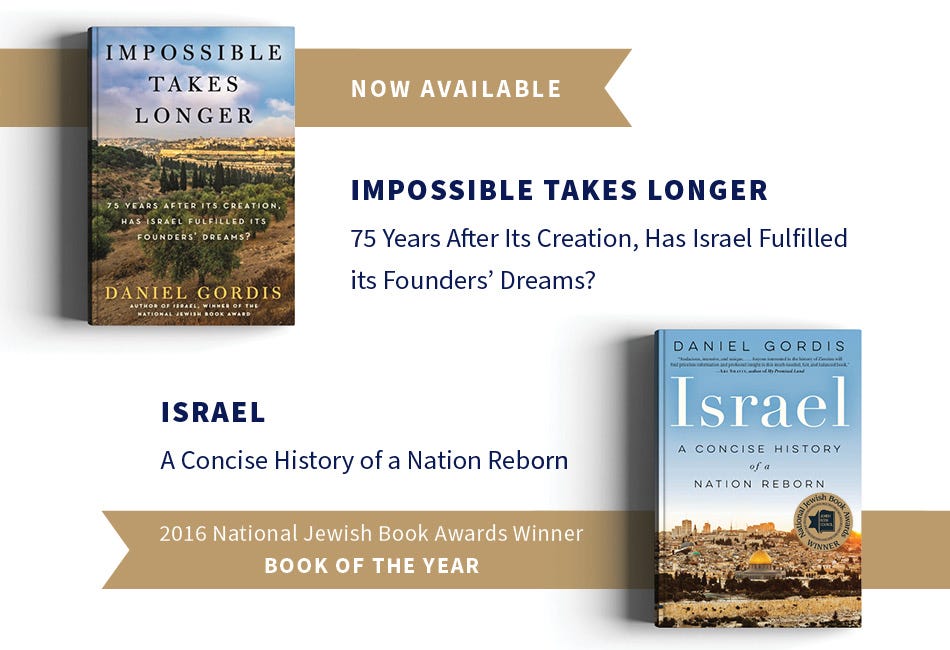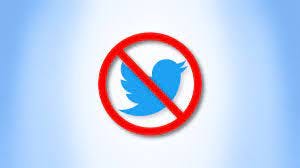BEFORE WE GET TO TODAY’S MATERIAL, A TRULY WONDERFUL OPPORTUNITY FOR UNDERGRADUATE STUDENTS IN THESE TURBULENT TIMES:
David Grossman is widely regarded as Israel’s greatest living novelist. The winner of numerous awards, including the International Booker Prize in 2017 for his novel, A Horse Walks Into a Bar, his art, his political activism and his life have often been in tragic dialogue with each other.
In 2008, he published one of his greatest works, To the End of the Earth. (The original Hebrew title was אשה בורחת מבשורה, Ishah Borachat Mi-besorah, A Woman Flees from a Message.) Booklist outlines the plot as follows:
Acclaimed Israeli author Grossman serves up a powerful meditation on war, friendship, and family. Instead of celebrating her son Ofer’s discharge from the Israeli Army, Ora finds her life turned upside down and inside out when he reenlists and is sent back to the front for a major offensive. Unable to bear the thought of sitting alone waiting for the “notifiers” to bring her bad news, the recently separated Ora decides to hike in the Galilee, where she will be both anonymous and inaccessible. Joined by her estranged best friend and former lover Avram, a recluse who never recovered from the brutality he experienced as a POW during the Yom Kippur War, she narrates the story of her doomed marriage to Ilan and her often arduous journey as a mother. As the tension mounts, she talks compulsively about Ofer, as if telling his story will protect him and keep him alive for both herself and for Avram, the biological father he has never met. As Ora and Avram travel back and forth through time via shared memories, the toll exacted by living in a land and among a people constantly at war is excruciatingly evident.
Though Grossman had begun working on the novel in 2003, what makes reading the book unbearably painful is the knowledge that Grossman’s son, Uri, a Staff Sergeant in the 401st Armored Brigade, was killed when his tank was hit by an anti-tank missile in the very last hours of the 2006 Second Lebanon War, just as a cease fire was about to go into effect.
Three or four years ago, we had an ongoing program at Shalem College which we then called Ha-Sippur Ha-Yisraeli, “The Israeli Story.” The idea was to bring leading Israeli authors to speak about their work, or in the case of great works whose authors were no longer living, to invite an expert to speak about that book. For each author who came to campus, we gave the students a copy of the book that the the student committee had selected, and asked the students to read the book and encouraged them to attend the session.
To the End of the Earth was the book of Grossman’s that the students chose. Though most of the sessions were well attended, when Grossman came, there was no room to move. Virtually the students were there, as were faculty, staff, students’ significant others, visitors, you name it. It was a Q&A format, with one of our students interviewing Grossman before she opened it up to questions from the audience.
At one point, to my utter astonishment, she asked him a question that went more or less like this: “If you and your wife didn’t live in Israel, if you’d moved somewhere else, your son, Uri, would still be alive. Why do you stay? Was it worth it?”
You could have heard a pin drop. It was hard to breathe. I saw students sitting in the row in front of me start to cry silently, biting their lips so they wouldn’t make a sound, even before Grossman answered.
His answer is in the clip above.
Grossman’s words need no amplification.
The only comment perhaps worth noting is that the student who interviewed Grossman and then asked that question, now a graduate of Shalem, lost her younger brother in the first days of this war.
This past week, Grossman addressed the Kibbutz Movement Council and the Religious Kibbutz movement in Tel Aviv. His speech has been widely quoted in the news and on social media, and was published in Friday’s Yedi’ot Ahronot.
What follows is my translation:
Forty days have passed since that Shabbat on which the lives of hundreds of men and women, babies and children and elderly, were devoured.
Hamas’ terrorists, drunk with hatred and evil, slaughtered families in their homes, parents in front of their children, children in front of their parents. They raped, they murdered innocent people who’d been dancing at a Nova party. They chased them and shot them with the glee of hunters, as if they were figures on some computer game.
“Here lie our bodies, in a long, long row,” wrote [the venerated Israeli novelist, now deceased] Haim Guri in a different war—but perhaps this is that same war that continues with no end. “Here lie our bodies, in a long, long row. Our faces have been changed. Death is reflected in his eyes.”
Indeed, our faces have changed. Never again will we be what we were. The things we’ve seen in these [past] days, the horrors to which we have been exposed, one cannot see them and still live. [DG-play on Exodus 33:20] As if a sinkhole has opened up in the world, and swallowed us into it.
And in dramatic contrast, the stories of bravery and sacrifice which we have heard from those days. The stories of what human beings did for other human beings. The unspeakable courage of those who threw themselves—yes, literally threw themselves into harm’s way—to save other people. To protect their family, their home, their kibbutz, and often, people they didn’t even know.
Time and again, men and women endangered their own lives with bravery that cannot be described. In one moment, with one act, like falling on a grenade that had been tossed into a shelter, to save the other members of the family who were there.
And when they did that, when they threw themselves into the face of mortal danger, they upended with their very essence the assumptions that we had about the world we knew, a world of cynicism, selfishness and utilitarianism.
Since October 7th, I have been thinking a great deal about these people. We passed by them day to day, in the normal scheme of things, in those unremarkable moments on the street. And then suddenly, in one moment, they were launched from their daily, familiar, banal lives into one of the great tests with which human beings can be faced. The test of life and death.
***
We’ve come today to tell, to listen, to remember. To turn the national, public “Yizkor” [DG-may He remember] into “Nizkor” [DG-let us remember].
Let us remember a world that died with the deaths of our loves ones.
For with the loss of each of them, an entire world—indeed, an entire culture—was lost. A personal and private culture, a kind of small civilization of a single family; with its own private and intimate memories, with its little jokes and insiders’ chuckles; with the sensitivities, subtleties, the moments of grace and the internal language that only they understood—all of this was lost.
Well, not lost entirely, but rather, from here on, they will echo only from the resonance of loss.
And it’s painful. It’s to that pain that we must become accustomed. To become accustomed to the fact that from now on, everything—or almost everything—will come wrapped in sorrow.
That reality itself will become binary: either zero or one. Either they’re here, or they’re not.
And in this internal space with these new rules, we will remember them, those we loved who are now lost to us. We will remember, we will give them movement. For death freezes, ossifies, and in movement, there is life.
We will remember their faces, their expressions, the way of their faces, the flow of life from the way their bodies moved, their laughter, their sorrow. We’ll remember their voices, the spark of light in their eyes. The way they valued people, actions.
And more than anything, the heart mourns the young people who were murdered.
For the rest of our lives we will mourn what was cut off, along with them. The future they could have had. The plentiful future. Life’s pleasures, small and great. The celebrations, life’s disappointments and sorrow: life, in all its fullness.
***
And the children, what they have gone through and what they are going through in Hamas’ captivity. Our beloved children about whom it is almost impossible to speak, because of pain no soul can bear.
Nonetheless, this must be said: a child cannot be a hostage. Someone who turns a child into a hostage has excised himself from humanity.
***
Hayim Nachman Bialik wrote in “On the Slaughter”: “Let the blood fill the abyss!; Let it pierce the blackest depths.”
And we ask, how is it possible to get up again, after we have been in the blackest depths? After we have been in both “On the Slaughter” and in “The City of Slaughter” [DG-names of two of Bialik’s best known poems].
And we ask, who will we be, what kind of people will we be, what kind of society will we create, on what values will we raise our children, after we get up out of the dust?
Where are we going to find the strength to get up again, to build houses, to plow fields, to create children? To a world like this?
In the past month, I have seen you, those of you who lived in the Gaza envelope, those of you who lived in the south. Like all of the People of Israel, I watched you for long hours on TV, days and nights. And it struck me that for almost all your lives, Israel has been at war or some other violent conflict, of one sort or another, with its neighbors. And you were almost always the actual border. And you paid the enormous price that living there exacted. And still, war didn’t corrupt you. That’s what I thought when I saw you and heard you.
You were, and remain, honest people. People whose speech and hearts are the same. People who pursue peace, seek goodness, and who more than once have come to the aid of your enemies.
Now, many trials await us. Some of them we are already facing: in the display of extraordinary citizenship, creativity, solidarity that conquers all. With extraordinary civic devotion, in the way that the people are fixing what the state ruined.
And even today, even after everything that has transpired, there’s a sense that from here, from this point in time, together with you—those from the cities and towns and kibbutzim and villages [DG-around Gaza]—with you we can build a new country, a second time.
With you, and with your strength, with your bravery, we can begin all over again, from the beginning, from Creation.
Impossible Takes Longer is now available on Amazon and Barnes & Noble and at other booksellers.
Our of sheet disgust for Elon Musk’s endorsement of virulently anti-Semitism tweets, we’re suspending our use of Twitter / X until further notice, or perhaps, forever. We will start to being using Threads more, and that link is below.
Our Threads feed is danielgordis. We’ll start to use it more shortly.










"With your bravery, we can begin all over again, from the beginning, from Creation."